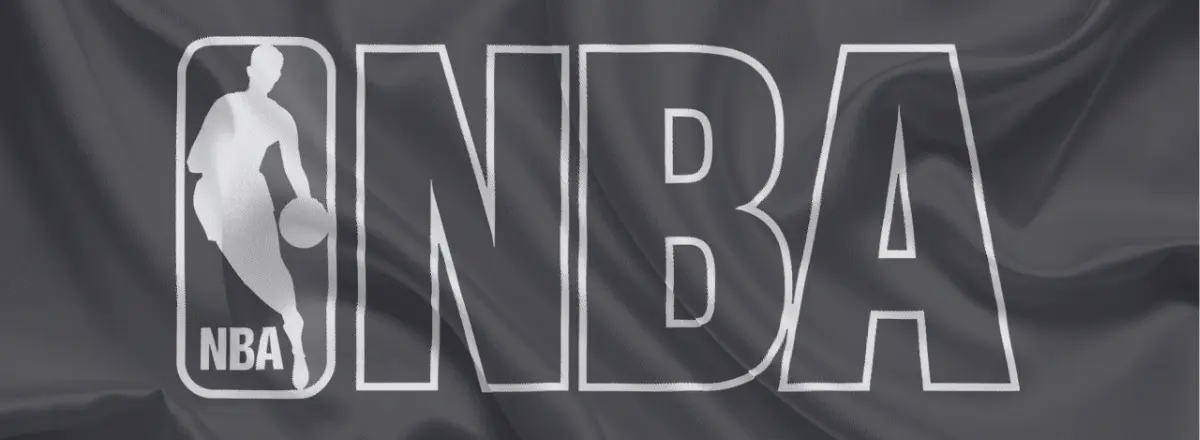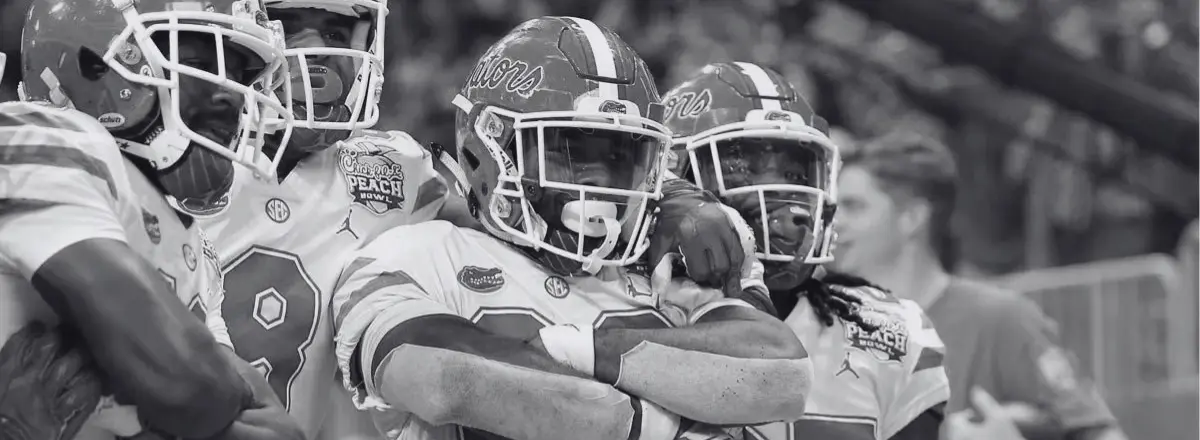Here's the good news for betting enthusiasts in Florida: Like many others in the United States, you will soon have access to some form of legalized sports betting. Congratulations.
Now for the bad news: The recent lawsuit filed in Florida could block legalized sports betting for a certain period of time and potentially limit its availability forever.
Will Legal Sports Betting be Blocked in Florida?
As of right now, Florida is set to launch legal on-site sports betting around October 15. Legalized online sports betting will follow soon after, on November 15. But that's assuming two tribal casinos, Bonita Springs Poker Room and Magic City Casino, don't get their way.
West Flagler Associates filed the latest motion on behalf of both casinos. It is their second attempt to block Florida's scheduled launch of legalized sports betting and aims to make it so prospective gamblers can only submit their wagers via the Bonita Springs Poker Room and Magic City Casino.
What Does the Florida Betting Lawsuit Mean?
This new motion isn't just about funneling business toward two casinos. It's about creating a monopoly in the most ubiquitous way possible.
If the motion holds up, it not only grants the Seminole Tribe—which operates Magic City and Bonita Springs—exclusivity, but it forbids non-tribes (think: commercial online sportsbooks) from ever having the same rights while increasing the charge from a misdemeanor to a felony for bets that are placed outside the legal spectrum. The latter focus on penalties is solely aimed at dissuading other international and domestic sportsbooks from trying to find workarounds to accept bets, ensuring the potential for punishment outweighs whatever prospective business they'll do.
The Seminole Tribe is resting their case on using previous law as precedent. They plan to argue that online sports betting violates the Wire Act, as well as the Unlawful Internet Gambling Enforcement Act from 2006. They reportedly also will make a case that broadening the sports-betting scope will breach the Equal Protection Clause of the 14th Amendment.
Will the Sports Betting Lawsuit be Successful?
It's tough to answer this question with any sort of certainty. On the surface, it seems overly harsh and like the terms wouldn't hold up. But there is precedent.
The state of Mississippi imposes similar limitations, albeit on slightly different terms. They only allow sports betting at physical locations, which has kept online bookies at bay to this point.
Such a move would be painted as a compromise. The Seminole Tribe would have to permit on-site betting locations from other operators. But the inherent nature of that setup is prohibitive. So many of the top sportsbooks do a vast majority of their business online. They're not about to set up physical locations to crack a market that remains a sports-betting mystery.
Perhaps other casinos will come along in due time, but that would, in theory, only tighten tribal holds on Florida's gambling market.
What Does the Lawsuit Mean for Florida's Sports Betting Launch?
As far as Florida's October 15 launch for on-site sports betting goes, prospective gamblers have little to worry about. That should still go off without a hitch. The lawsuit is not challenging the idea of in-person betting—in large part because the Seminole Tribe stands to reap the benefits of its implementation via Magic City and Bonita Springs.
The scheduled launch of online sports betting is a different story. A ruling on this latest motion is expected to come down no later than November 5, giving the government time to nix it should the lawsuit hold up. And, unfortunately for online gaming enthusiasts, many experts expect it to hold up.
West Flagler Associates has built a case that also highlights the importance of location. Essentially, they say online betting should not be granted based on where the bettor is located, but rather where the betting provider sets up shop. That, in turn, means a Florida resident should not be allowed to place a bet with an online sportsbook that runs its primary server through a different state or overseas.
By this measure, then, Floridians would be allowed to submit online bets only with providers located in the state, thereby giving the Seminole Tribe a stronger monopoly over the region's betting business.
How will Florida's Lawsuit Impact Other States?
Many other places around the United States are watching with bated breath as Florida sorts all of this out. Chief among them is California, which has yet to legalize sports betting and has seen similar arguments to that from the Seminole Tribe delivered by opponents of gambling in their state.
If the lawsuit from the Seminole tribe succeeds in recontextualizing the launch of sports betting in Florida, it could mean further delays in Cali and states similarly on the fence. Beyond that, it could make it harder for states operating under similar circumstances, such as Mississippi, to escape the on-site-only policies put in place.
What happens next? That is anyone's guess. Florida has long been a source of seesawing debate on this topic.
Given previous precedent and the skepticism from sports gambling experts, though, it sure seems like Florida is headed for a partial victory: Sports betting will be legal, but you won't be able to do it online—at least not before 2022, as this whole saga continues to play out.
Check out this list of the top online sportsbooks so you can get your betting fix no matter where you're located:
T&C apply, 18+, Play responsibly T&C apply, 18+, Play responsibly T&C apply, 18+, Play responsibly T&C apply, 18+, Play responsibly T&C apply, 18+, Play responsibly
![]()

![]()
![]()
![]()










